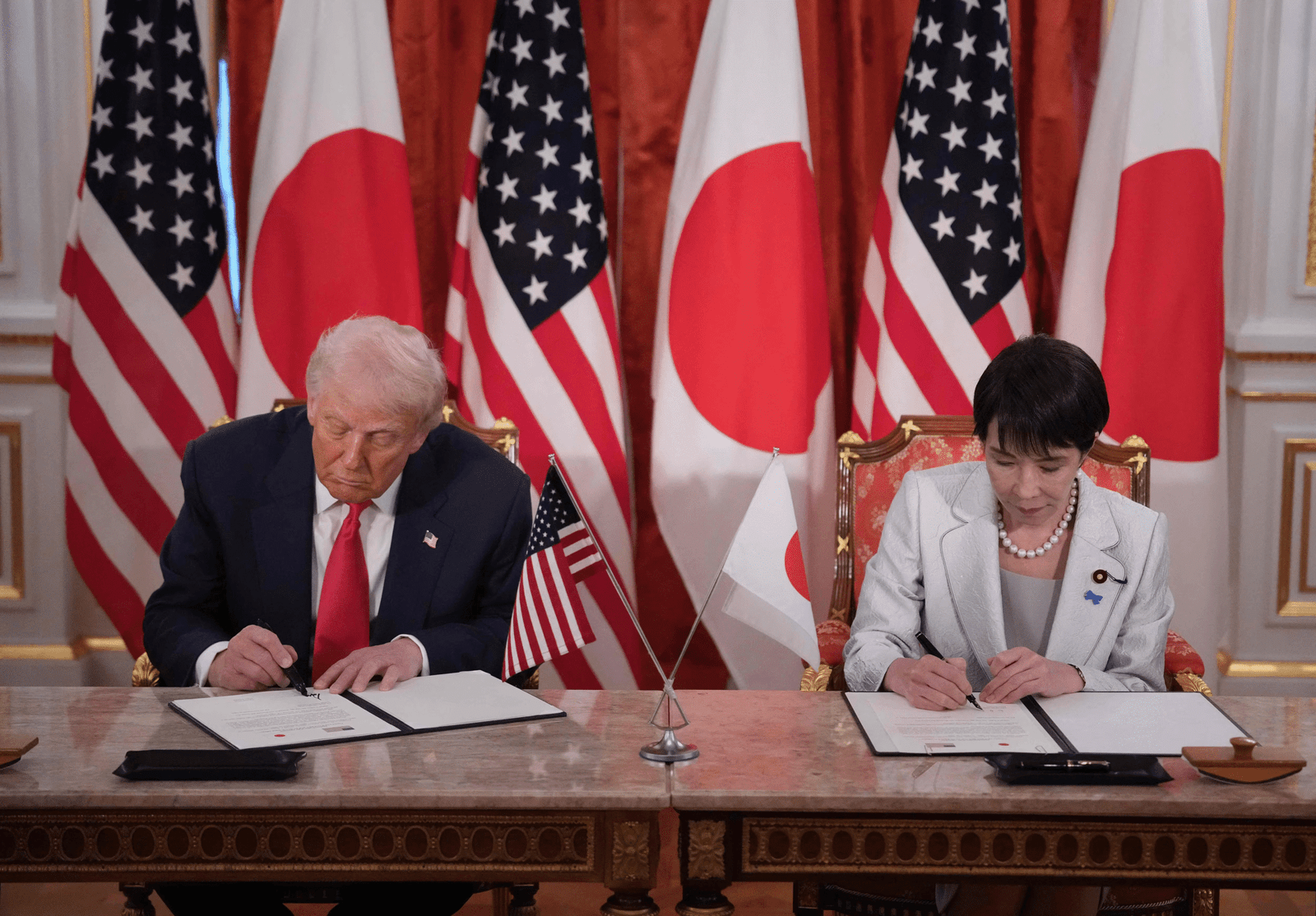The surge of attacks on women on social media following the recent election results in the United States has sparked significant concern. According to reports, there has been a marked increase in sexist rhetoric and misogynistic comments targeting female public figures. This trend has escalated in part due to the political climate, which seems to amplify existing gender-based hostilities. Notably, Vice President Kamala Harris, a prominent woman of color in politics, has been subjected to an alarming rise in online abuse. The language used against her often reflects a broader issue of how women, especially those in power, are vilified for stepping into leadership roles.
The attacks are not limited to Harris; women of color running for office have reported being targeted by a disproportionate amount of hate speech. In fact, data shows that African-American women candidates, in particular, are subjected to online violence at rates much higher than their white counterparts
This reflects not just a personal attack on individual candidates but also a systemic issue of race and gender that continues to undermine the democratic process.
Online platforms have struggled to address this issue, with calls for better enforcement of anti-harassment policies. As more women of color gain political office, the backlash has become more intense, often manifesting in the form of sexist insults, derogatory comments, and even threats. The internet, once thought of as a democratizing tool, has turned into a space where the personal attacks on women seem to only intensify. The political atmosphere, often stoked by divisive rhetoric, has made it more difficult for women to break through traditional barriers.
This rising tide of hate and vitriol is deeply troubling, particularly when it is targeted at women who are only seeking to serve and represent their communities. While such challenges are not new, the frequency and visibility of these online assaults on women politicians in 2024 serve as a stark reminder of the long road ahead for gender equality in politics. It is clear that more robust protections and cultural shifts are needed to ensure that women, especially those in marginalized communities, can participate in politics without facing this kind of dangerous online abuse.











